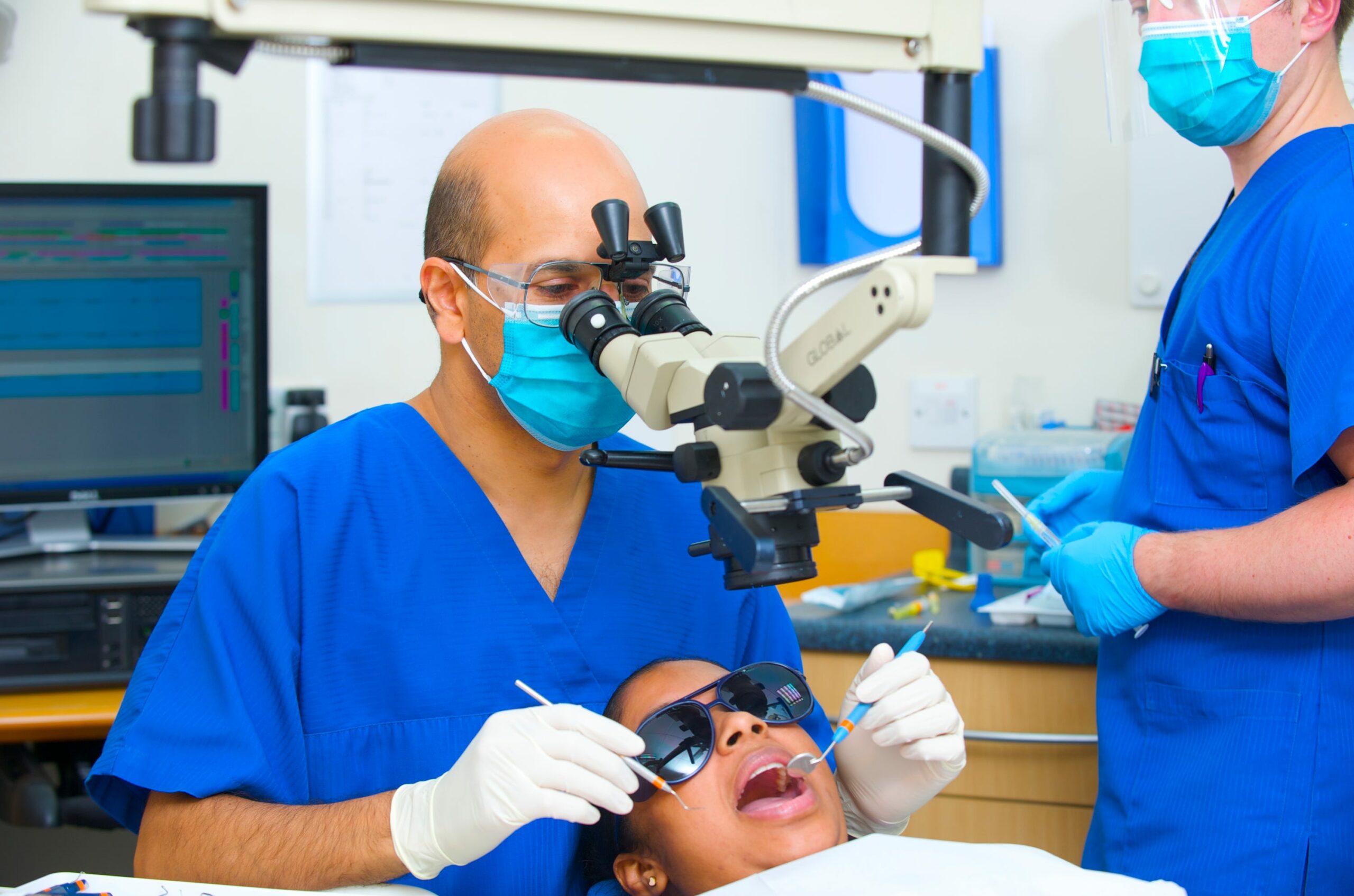Every dentist has a toolkit and every human has a set of holistic health and wellness needs that must be met to ensure the best possible quality of life.
One of the issues here is that there is often a sense of disconnection between the work dentists do and all of the other competing aspects of health and well-being.
We’re going to change all that by talking directly to dentists and showing them that they actually have a far wider-reaching role in health than traditionally thought.
And if you’re a patient reading this, we hope you get a greater understanding of one of the most overlooked areas of health and wellness.
Exploring your dentist’s toolkit

We can break a dental toolkit up into 5 main areas to highlight just how comprehensive the range of common dental care services is.
Diagnostic tools
Dentists use X-ray imaging systems and high-resolution oral cameras to get a better understanding of the specific issues a patient is experiencing. X-rays identify problems that sit beneath the gums and camera images provide a greater range of angles, especially when looking at the back of the mouth.
Restorative materials
Dentures, bridges, implants, and crowns can all be used to restore both the functionality and aesthetics of a patient’s teeth.
In many cases, dentists may wish to highlight how improving the bite or removing discomfort makes it easier for patients to eat a healthy, balanced diet. This is a great example of the holistic nature of health and wellness.
Cleaning products
Practice managers will source scalers, polishers, and lightly abrasive dental Prophy paste from a specialist supplier with a nationwide delivery network.
They then use these products to quickly and efficiently remove stains, discolouration, and debris from the teeth to ensure optimal hygiene.
This can help improve oral health, reduce the risk of developing oral cancer, and even reduce background inflammation levels in other areas of the body.
Orthodontic equipment
Braces and aligners are used to correct issues of biting and jaw alignment by reorienting existing teeth. Many dentists may wish to stress the importance of a comfortable bite in terms of making it easier to eat crunchy-wholefoods and to avoid chipping or cracking teeth against one another in later life.
Anaesthetics and medications
A local anaesthetic is commonly used for a number of invasive treatments and procedures and will be readily available to the dental assistant.
Practice managers will take responsibility for sourcing and purchasing a suitable grade and quality of anaesthetics to ensure optimal patient comfort and treatment outcomes.
Now that we know what the toolkit includes, you may wish to consider the impact it can have on overall health. This section is designed to help dentists educate their patients on the importance of the personalised treatment pathways they are recommending.
We also hope that it will help patients better understand their options and the role that regular dental care has on their overall health and well-being.
Chronic disease prevention
Studies have shown that chronic diseases such as heart disease and diabetes can be reduced through consistently high standards of dental care.
While this doesn’t mean that a clean set of teeth will prevent heart disease by themselves, it does mean that they have a central role to play.
The mouth is the gateway to the rest of the body for all food and drink and that means it needs to be looked after correctly if the body is going to be fuelled properly.
Reducing the presence of gum disease, for example, reduces the strain on the immune system and the resulting inflammation experienced in other areas of the body.
Mental health protection
Being in pain, being body conscious, or generally just not feeling happy about your smile can all have a negative impact on your mental health.
Feelings of social anxiety, isolation, and stress can all be linked back to poor dental health in a number of cases. By working together, dental care professionals and patients can make significant progress in this highly complex area simply by going back to the basics of proper dental health.
Sleep health
Anyone who has suffered from an intense toothache will tell you that getting to sleep can feel nigh-on impossible.
Poor sleep health impacts everything from brain function and skin health to muscle repair and energy system recovery.
Dentists who frame their treatments in this way can greatly increase patient awareness and help them see the importance of establishing better oral health habits as quickly as possible.





